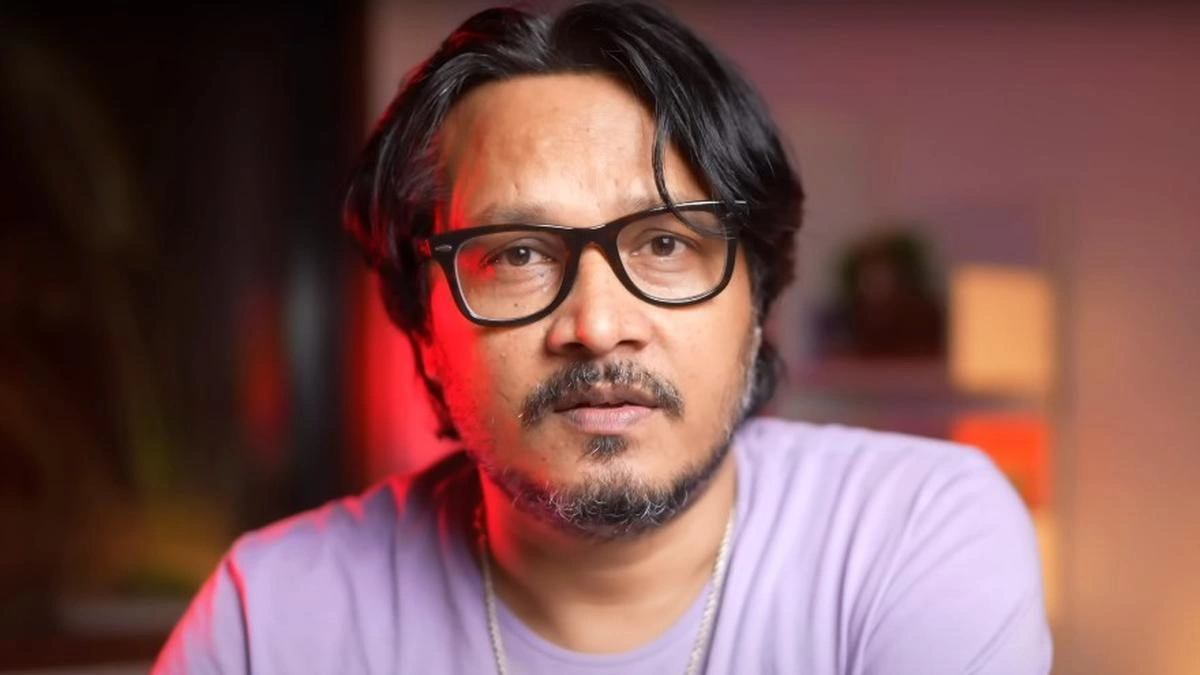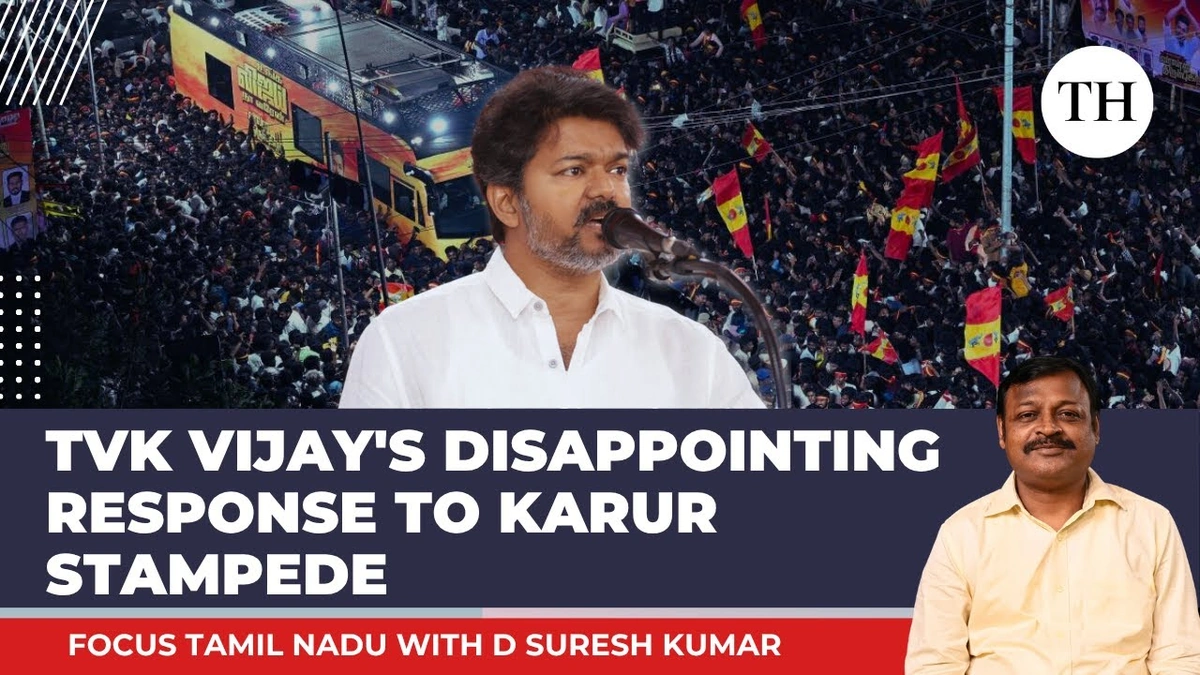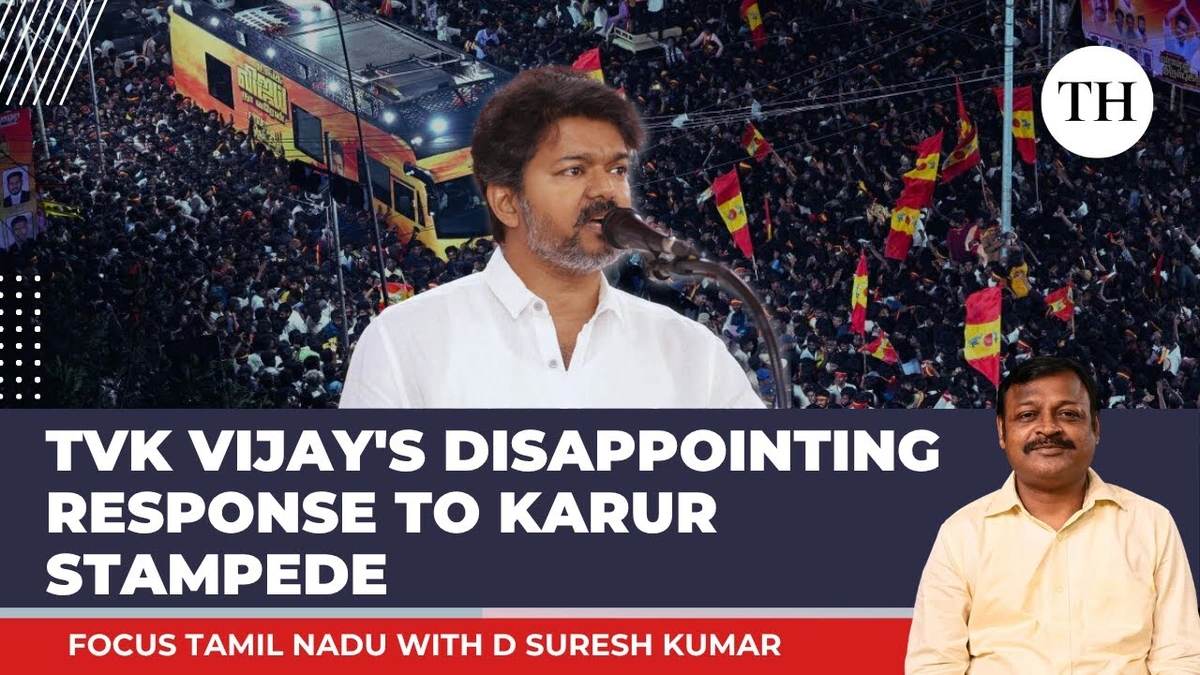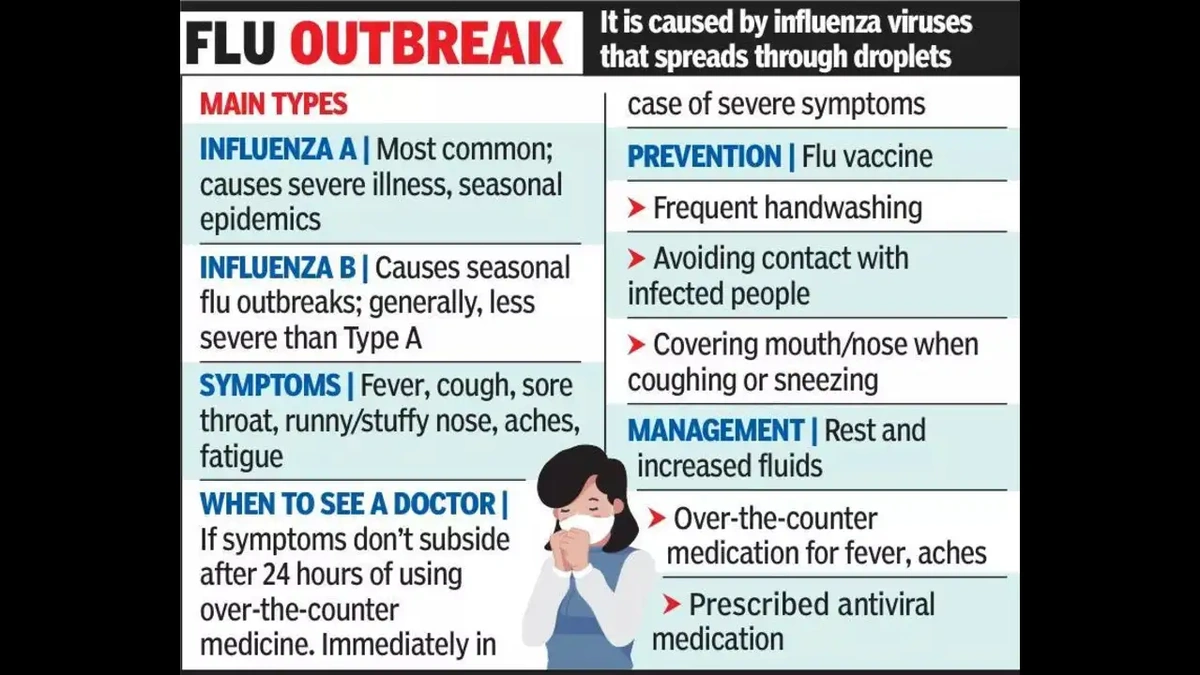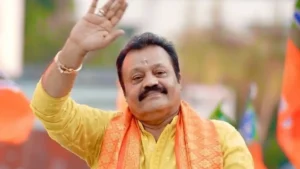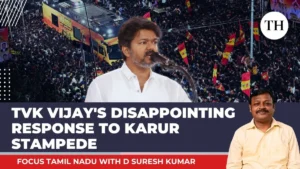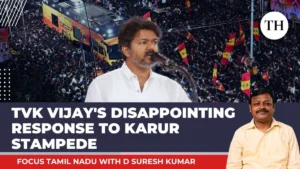YouTuber Ajeet Bharti Questioned by Noida Police Following Post About CJI Attack
A storm is brewing, folks. And it’s centered around Ajeet Bharti , a popular YouTuber, and a social media post concerning the Chief Justice of India (CJI). The Noida police have officially questioned him. But let’s be honest, this isn’t just about a tweet; it’s about the murky intersection of free speech, social responsibility, and the power of online influence. What fascinates me is the why behind all of this. Why this post? Why now? And most importantly, what are the potential ramifications for online commentary in India?
The Post, the Police, and the Public Reaction
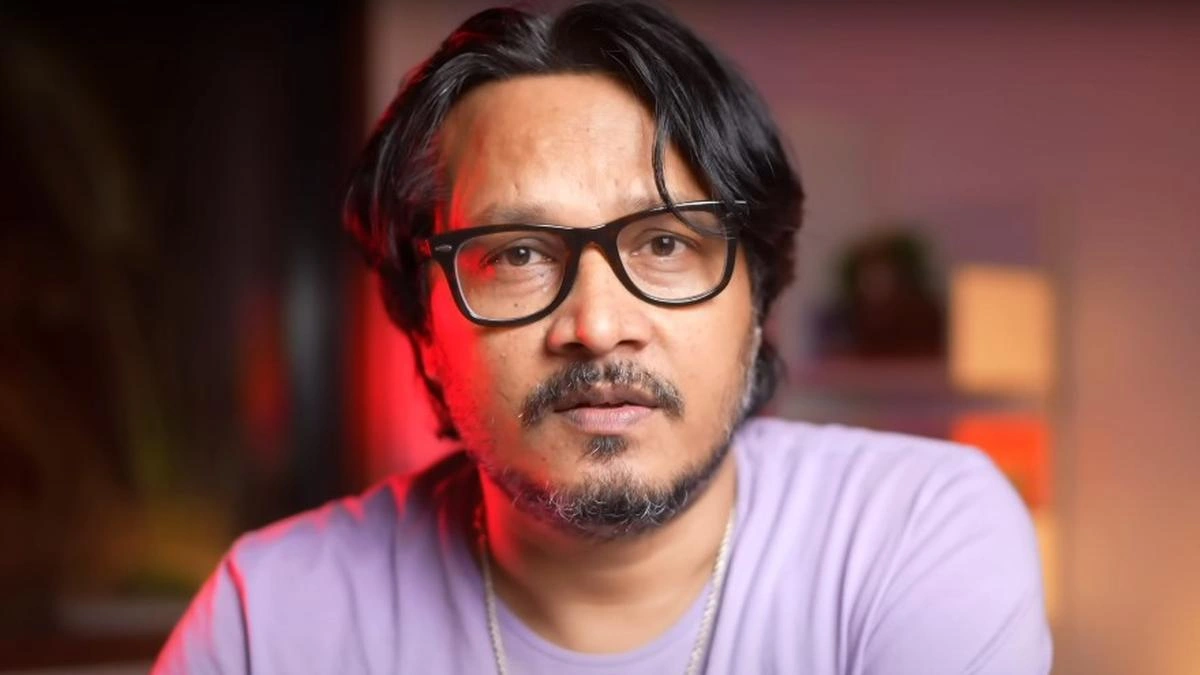
So, here’s the gist: Ajeet Bharti, known for his often-controversial takes on socio-political issues, made a post – details of which haven’t been fully revealed but which allegedly alluded to an attack on the CJI. The Noida police, taking cognizance of the matter, summoned him for questioning. Now, social media is, predictably, ablaze. Some are decrying this as an attack on free speech, while others are arguing that words have consequences, especially when directed at someone holding such a high office. The key here isn’t just the immediate reactions, but the precedent it sets.
Let’s be clear: the investigation is ongoing. The police haven’t released a statement detailing the exact charges (if any) that Bharti might face. But the very fact that a YouTuber is being questioned for an online post is significant. It underscores the growing scrutiny of social media content and the government’s willingness to intervene when it perceives a threat to public order or the dignity of institutions.
Understanding the Implications of Online Speech
This situation highlights a critical issue: the responsibility that comes with a large online following. Ajeet Bharti isn’t just some random person tweeting into the void; he has a platform, a voice that reaches potentially millions. And with that reach comes a responsibility to be mindful of the impact of one’s words. Now, I’m not saying he’s guilty of anything – that’s for the courts to decide. But this incident serves as a stark reminder that online speech isn’t consequence-free. One thing you absolutely must double-check is the accuracy of the information before sharing it online.
But, it is also crucial to remember that India is a democracy and free speech is a fundamental right. Where is the line drawn between a legitimate criticism and a threat? The investigation will have to carefully tread this territory. The authorities must strike a balance between protecting constitutional values and preventing the spread of malicious information. Finding that balance is not always easy, especially in the age of social media.
The Legal Framework and Potential Charges
What laws could potentially be invoked in this case? Well, depending on the content of the post, Bharti could face charges under various sections of the Indian Penal Code (IPC), including those related to incitement to violence, defamation, or even sedition (though that’s a highly debated and often misused charge). It’s also possible that provisions of the Information Technology Act could be applied if the post is deemed to be harmful or threatening. According to legal experts, proving intent is crucial in such cases. The prosecution would need to demonstrate that Bharti intended to incite violence or cause harm through his post. This isn’t always easy to do, especially in the context of online communication, where nuance and context can be easily misinterpreted. The details surrounding the alleged CJI attack post are still unclear.
The Broader Context | Social Media Regulation in India
This incident is unfolding against a backdrop of increasing government efforts to regulate social media content in India. The government has been pushing for greater accountability from social media platforms and has introduced new rules aimed at curbing the spread of misinformation and hate speech. Critics argue that these rules are overly broad and could be used to stifle dissent and freedom of expression. Proponents, on the other hand, maintain that they are necessary to maintain law and order and prevent the abuse of social media platforms. The evolving legal landscape concerning social media regulation is a topic that warrants close attention.
The debate around free speech and online content regulation is likely to intensify in the coming months. It’s a complex issue with no easy answers, and it requires a thoughtful and balanced approach that respects both individual rights and the need for social order. AI’s role in creating and disseminating content makes navigation through digital landscapes even more complex. The line between satire and malicious intent gets blurred.
The Future of Online Commentary | A Call for Responsibility
Ultimately, the Ajeet Bharti case serves as a wake-up call for all of us who use social media. It’s a reminder that we have a responsibility to be mindful of the impact of our words and to use our platforms wisely. We need to engage in respectful dialogue, even when we disagree, and to avoid spreading misinformation or inciting violence. The future of online commentary depends on our ability to create a more responsible and constructive online environment. A common mistake I see people make is sharing content without verifying its source first.
The one thing you absolutely must double-check is the source of information. Is it trustworthy? Is it biased? Consider this as we follow the unfolding story of Ajeet Bharti Noida Police questioning.
FAQ Section
Frequently Asked Questions
What exactly did Ajeet Bharti post?
The exact content of the post hasn’t been made public, but it allegedly alluded to an attack on the Chief Justice of India.
What charges could Ajeet Bharti face?
Depending on the content of the post, he could face charges under the IPC or the Information Technology Act.
Is this an attack on free speech?
That’s a matter of debate. Some argue that it is, while others believe that words have consequences.
What’s the government’s stance on social media regulation?
The government has been pushing for greater accountability from social media platforms and has introduced new rules to curb misinformation and hate speech.
What can I do to be more responsible online?
Be mindful of the impact of your words, avoid spreading misinformation, and engage in respectful dialogue.
Where can I find updates on the investigation?
Keep checking reputable news sources and official police statements for the latest information.
And that’s the thing – this isn’t just about one YouTuber or one post. It’s about the future of online discourse in India, and the responsibility we all share in shaping it. It’s about ensuring theinternet remains a place for open exchange, and honest disagreement, not a breeding ground for hate and misinformation. Wikipedia offers good information about the IT act. The importance of responsible online activity cannot be overstated. It requires continuous efforts from individuals, platforms, and governments. This situation highlights the urgency.
